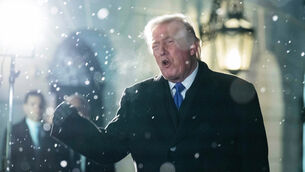BBC confirms Kelly as report source
Defence official Dr Kelly committed suicide at a beauty spot three days after telling MPs he had not made the accusation.
His death presented British Prime Minister Tony Blair with the gravest crisis of his career in the middle of a marathon diplomatic tour.














